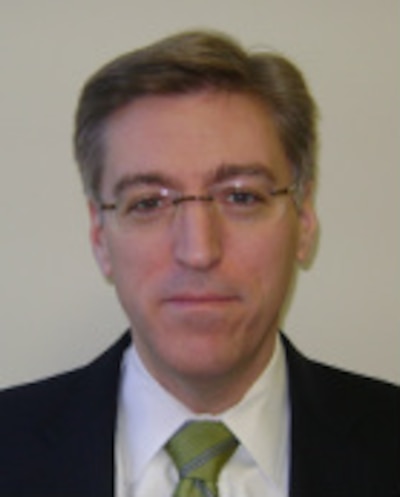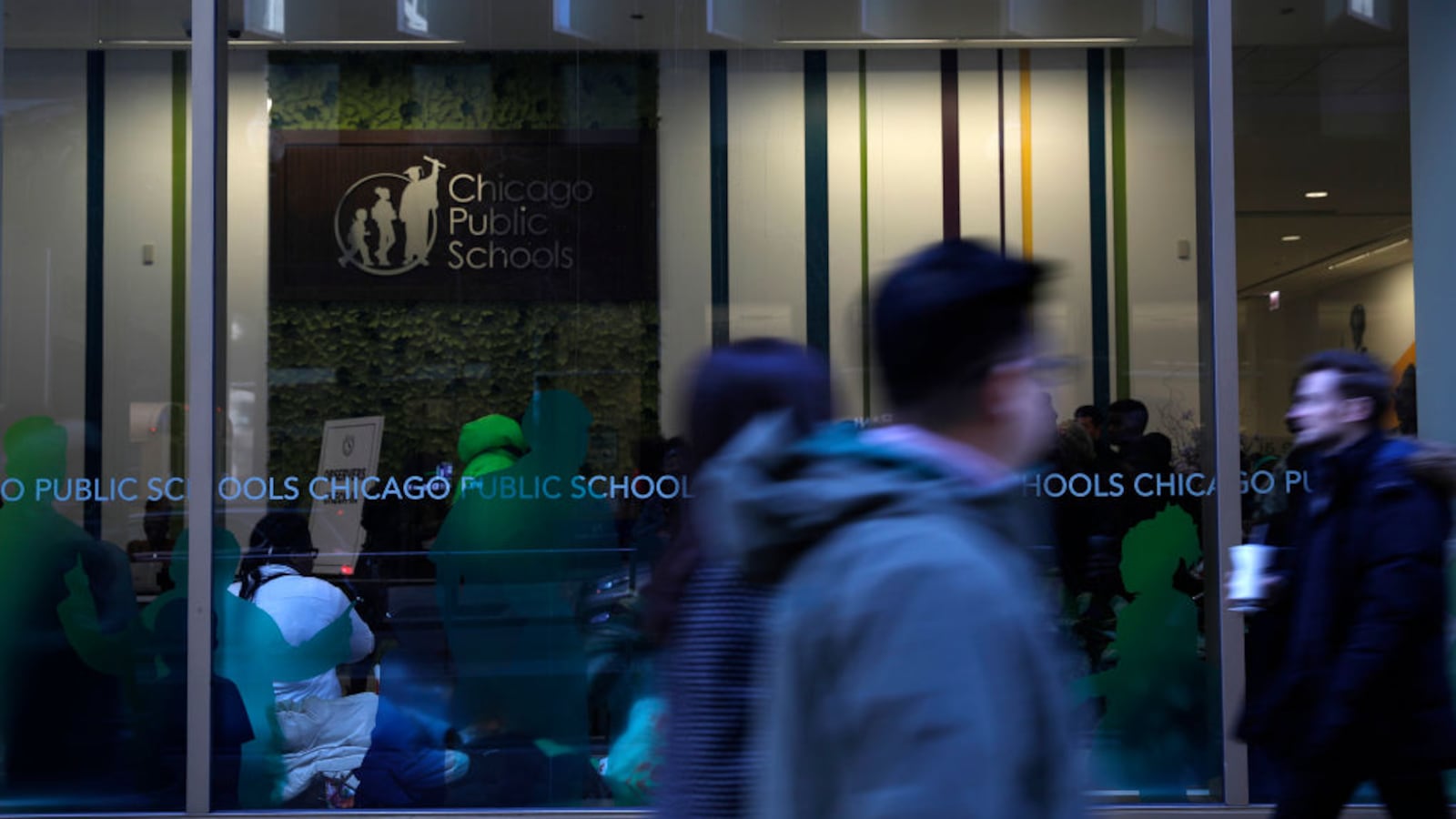In the past year, Chicago Board of Education Inspector General Nicholas Schuler has led investigations into improper admissions at selective enrollment programs and the rehiring of problem educators by charters and contract schools. But his office is poised to take on an even broader role: leading the investigative charge into student complaints of sexual misconduct by educators and staffers.
Last week, Schuler wrote a letter asking that the inspector general’s office take on the role, and, today, board President Frank Clark said he is recommending that the district “specifically empower” the OIG’s office when it comes to student victims. It is the latest in a swift series of policy changes, including spot background checks, districtwide training plans, and a $500,000 contract for former Executive Assistant U.S. Attorney Maggie Hickey to conduct a “top-to-bottom” review. The changes come in response to a Chicago Tribune series that spotlighted widespread lapses in how schools—and CPS at large—report abuse cases to police and address predatory behavior of educators, coaches, vendors and volunteers.
Chalkbeat asked Schuler, 50, a former police officer and attorney, how he plans to tackle two Herculean assignments: current reviews of student complaints as well as a historic review of cases going back to 2000, a priority CPS announced for the first time today.
A condensed and edited transcript of our conversation with Schuler is below.
What resources is CPS going to give your office to do this work?

That’s the big question. This is all happening rapidly—this was done without a lot of brass tacks. In my initial conversations, (CPS officials) are saying they are promising us adequate resources, and I believe them when they say that. So that’s first: to figure out exactly what we need, what resources are required to do the job. They’ve asked us to do two big jobs here: what we asked for in a letter last week, and then the separate piece is for us to do a review back to 2000. That is a separate, independent ask. We’re going to need dedicated resources for each prong.
That is a huge ask going back to 2000. How many cases might that be?
I don’t know. We haven’t had these sorts of discussions yet. We don’t know the cases they’ve had or the current workload. I don’t want to put too fine a point on it, but that is the linchpin: If we don’t have the resources to do the two jobs, they won’t be done properly.
How many people currently work in your office full-time? 19.
How many more people will you ask for? I’m hesitant to put a number on it, but if I’m going to be conservative, I’d say 10, or probably more, people. It’s investigators, some attorney support, they need to be specialized people, plus specialized training. We haven’t even had discussions on how full the caseload is, and we don’t have a full handle yet on the resources they’ve dedicated to it.
Of your 19 people, how many are investigators? 10. We have three people who are in the performance analysis unit, two administrators, and three attorneys.
Do you plan to start your investigations where CPS left off? Or will you use your existing hotline to start use new cases? Or both? The IG already has a hotline: Will we use that as a central place for people to call or will we set up a separate hotline? There are so many unanswered questions. The hard work of answering those questions is underway right now.
What is your sense of the role the union plays? What level of cooperation do you expect? Working with the union has not really ever been an issue in our investigations. It has not hindered our recommendations.
What is your next step? The immediate step is to figure out the exact resources we need, and then figure out if it will be one person’s job to oversee these investigations—probably a chief. We have to figure out the paperwork; once we have a handle on that we can start going out.
CPS is not the only institution that has grappled with these issues. What do you think we have learned in terms of handling them? I’m not in a position to comment on any of this except that we are in process.
Why do you feel independence is so important here? Parents, families, people—they need to know that no one is turning a blind eye to sexual predators.

